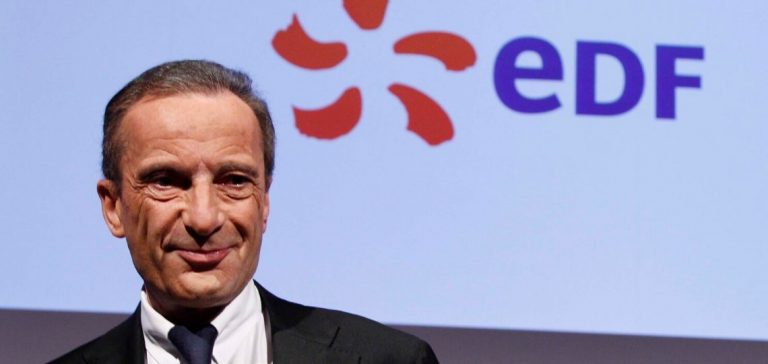EDF and its former CEO, Henri Proglio, have been cleared in a favoritism case. The trial focused on 44 consultancy contracts signed between 2010 and 2016, totaling 36 million euros. These contracts, awarded without competitive bidding, included services such as “lobbying,” “strategic consulting,” and “communication.” The Parquet National Financier (PNF) had called for a two-year suspended prison sentence and a 200,000-euro fine for Proglio, along with a one-million-euro fine against the company. However, the Paris Criminal Court acquitted Henri Proglio and EDF, stating that the prosecution failed to demonstrate a “fraudulent intent.”
The judges thus rejected the 2016 findings of the French Court of Auditors, which had asserted that these consultancy contracts had circumvented competitive bidding rules. The September 2010 internal note, drafted by Alain Tchernonog, then Secretary General of EDF, was intended to regulate the recruitment process for consultants. However, according to the court, this directive was not part of a systematic attempt to bypass legal obligations.
A Career Marred by Controversies
Henri Proglio is a key figure in the energy sector. Before joining EDF, he served as CEO of Veolia Environnement from 2003 to 2009. His career is marked by internal conflicts and strategic decisions that often created divisions. Proglio consistently advocated that EDF should have a dominant role in the nuclear sector, a stance that led to tensions with Anne Lauvergeon, then CEO of Areva. This conflict culminated in Lauvergeon’s dismissal in 2011, further consolidating EDF’s influence in the atomic industry.
Proglio was appointed CEO of EDF by Nicolas Sarkozy, but the election of François Hollande in 2012 weakened his position, although he managed to maintain his influence through strong networks. This judicial episode is just one of many in a career that has been repeatedly clouded by suspicions and controversies. In 2015, he was forced to forgo the non-executive chairmanship of Thales after Emmanuel Macron, then Economy Minister, raised concerns about his connections with Rosatom, the Russian nuclear giant.
A Complex Case with Multiple Ramifications
The accusations also targeted eleven consultants, including high-profile figures such as Loïk Le Floch-Prigent, former head of Gaz de France, and Jean-Marie Messier, former CEO of Vivendi. The PNF alleged that they benefited from consultancy contracts awarded without proper tenders, with amounts ranging from 650,000 to 1.4 million euros. The defense argued that the consultants had not knowingly participated in any illegal process.
During the trial, the financial prosecutor criticized these practices as a “logic of the prince,” where recruitment choices were driven more by personal preferences than by objective needs. However, the court ruled that the consultants did not deliberately engage in illicit practices. This verdict ends a months-long trial, although some of the defendants may still face financial penalties for other similar contracts.
Implications for Public Sector Governance
This decision highlights the challenges faced by large public companies in managing consultancy contracts. Although EDF may find relief in this ruling, it underscores the need for improved internal transparency and oversight in contract management. Following the 2016 investigation by the French Court of Auditors, the company has implemented reforms to enhance its procurement processes.
As for Henri Proglio, while this case is closed, he remains under investigation for corruption and misuse of company assets related to his consulting firm, Henri Proglio Consulting, founded in 2015. Investigators are also looking into the origins of 300,000 euros in cash found in a bank safe. This new investigation could further damage Proglio’s reputation, despite his current legal victory in this case.






















